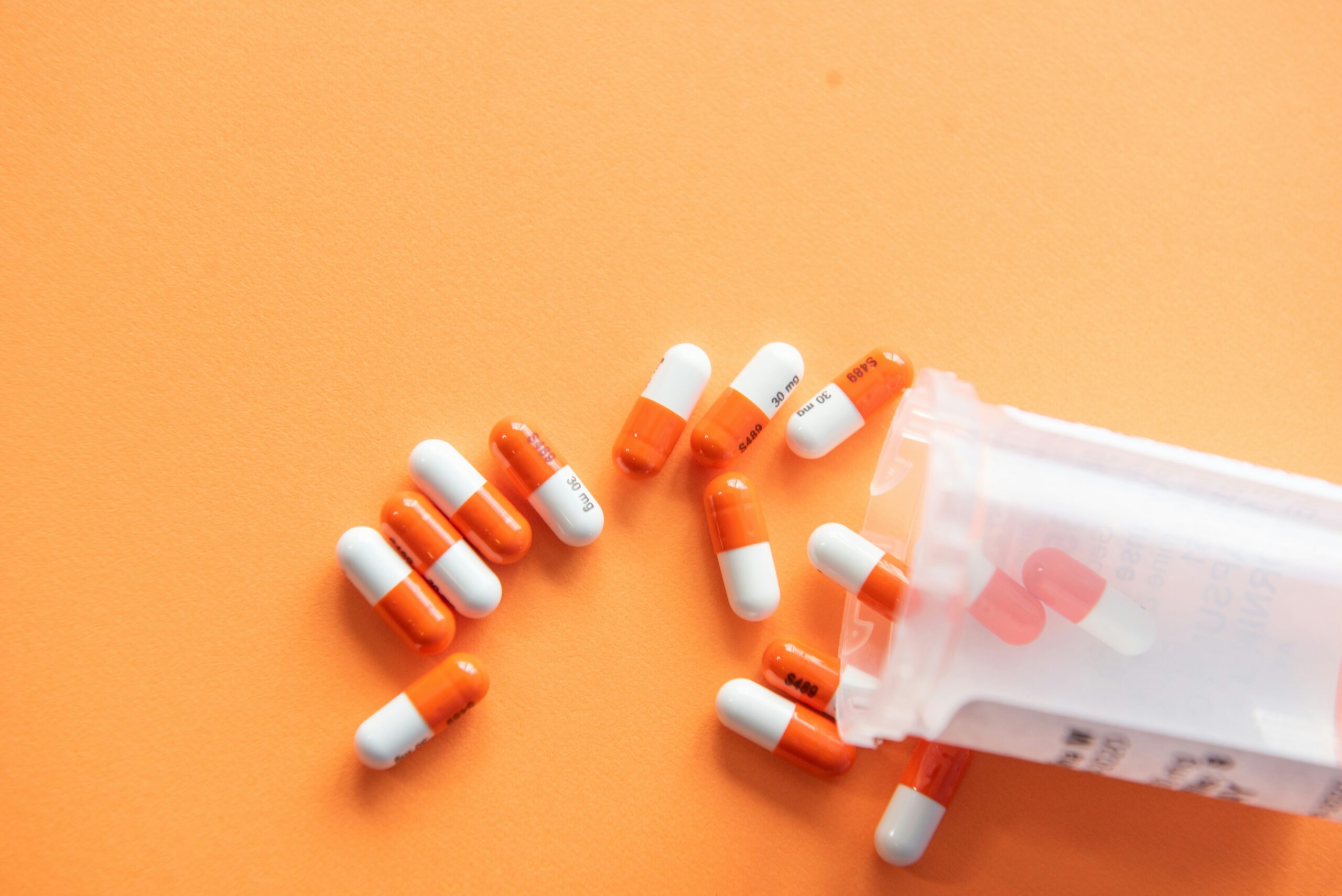Trump Announces New 100% Tariff On Pharmaceuticals

Trump Announces New 100% Tariff On Pharmaceuticals
Text: Izzy Copestake
Ireland is home to a significant pharmaceutical sector.
Trump will impose a 100% tariff on branded and patented pharmaceutical imports starting October 1, 2025, unless manufacturers are actively building production facilities in the U.S. The move is part of a broader expansion of his administration’s aggressive industrial policy.
Pharmaceutical firms can avoid the tariff only if they have already broken ground on a U.S. manufacturing site. The policy has the potential to disrupt global supply chains and has sent pharmaceutical stocks falling, particularly in Asia and Europe.
Countries with major drug-exporting industries (like Switzerland, Singapore, the UK and notably Ireland) are among the most exposed. Many products sold in the U.S. are manufactured in these areas, and companies without U.S. construction projects could see the cost of importing those drugs double overnight.
Ireland is home to a significant pharmaceutical sector. Companies like Bristol Myers Squibb and Johnson & Johnson manufacture drugs in Ireland for the U.S. market. While some firms have existing U.S. plants, others face steep penalties. The Irish government has engaged with U.S. officials to seek clarity and advocate for exemptions, especially given the sector’s role in Irish exports and employment.
Although the U.S. has trade agreements with the EU, UK, and Japan that cap tariffs on certain products, the Trump administration appears to be invoking Section 232 of U.S. trade law, a national security provision that allows unilateral tariffs outside normal trade rules.
Elsewhere on District: Video Premiere: Lil Skag, Blindboy & Pellador Yurt Off in ‘Yurt Cobain’